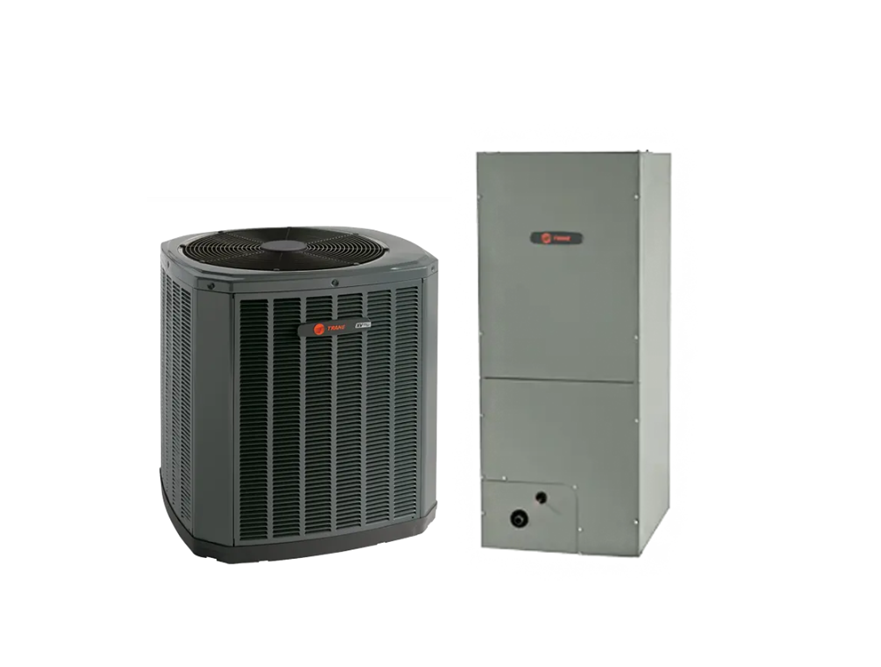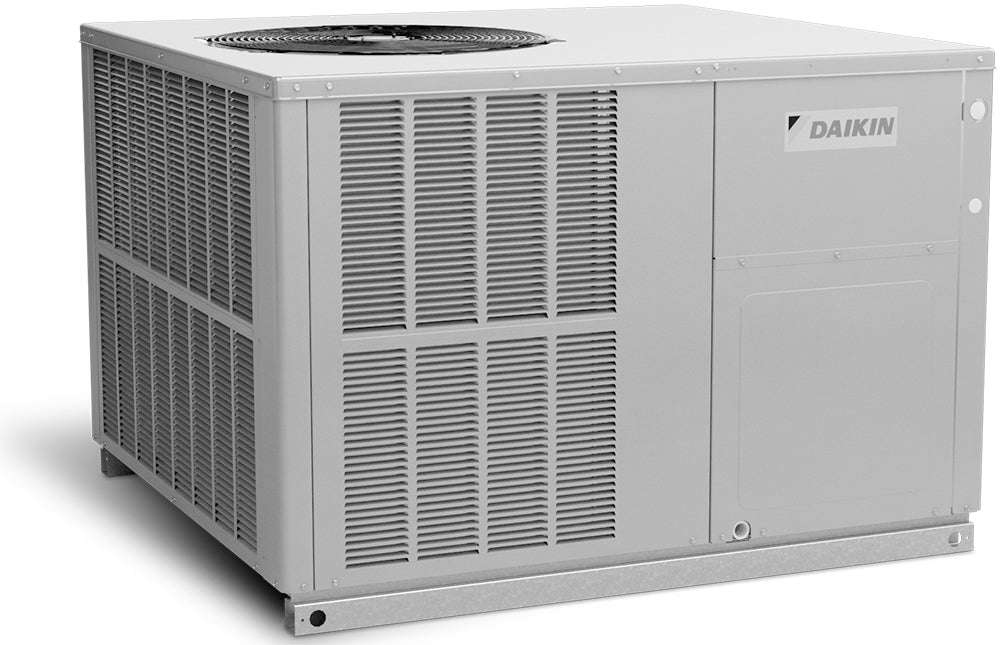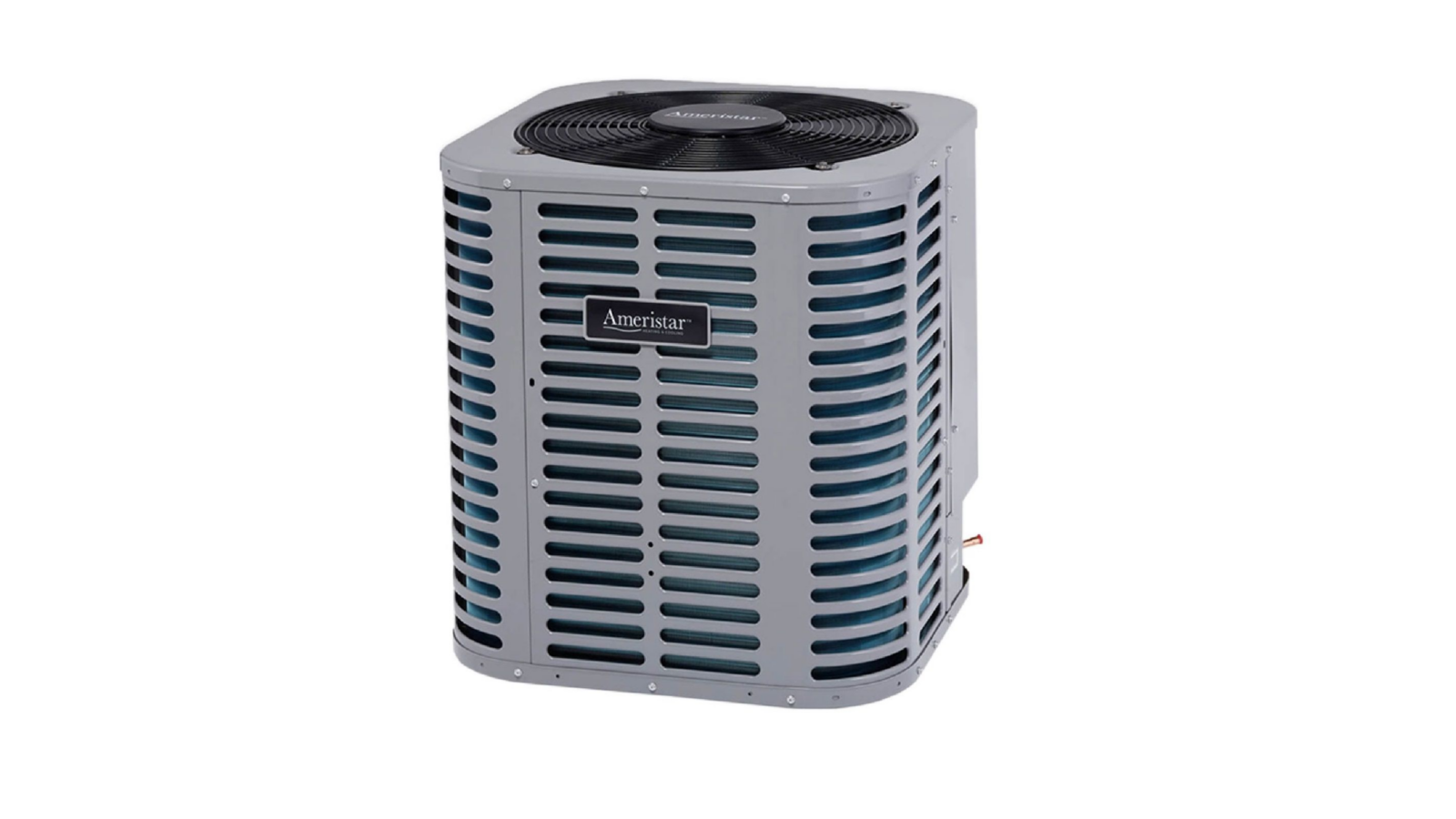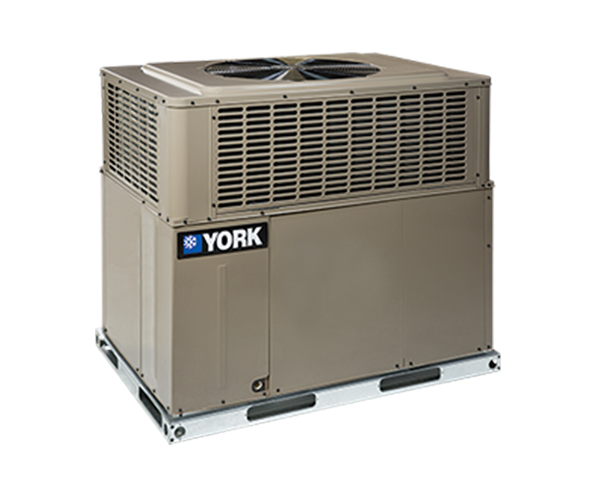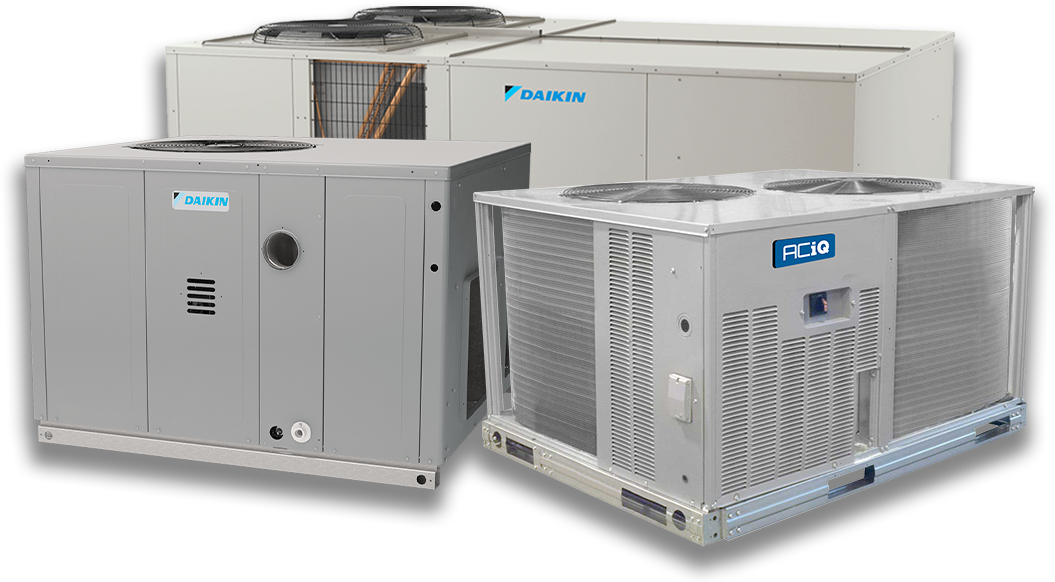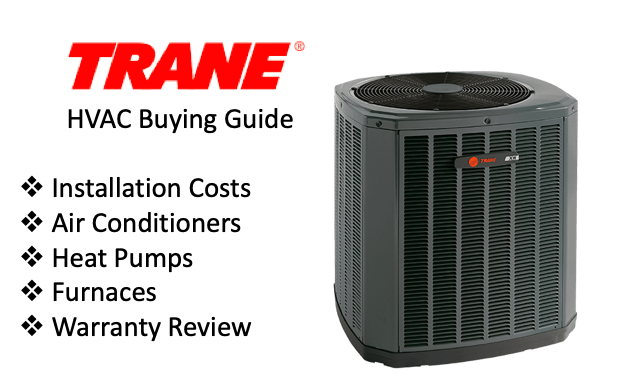2.5 Ton Ac And Heat Unit Cost
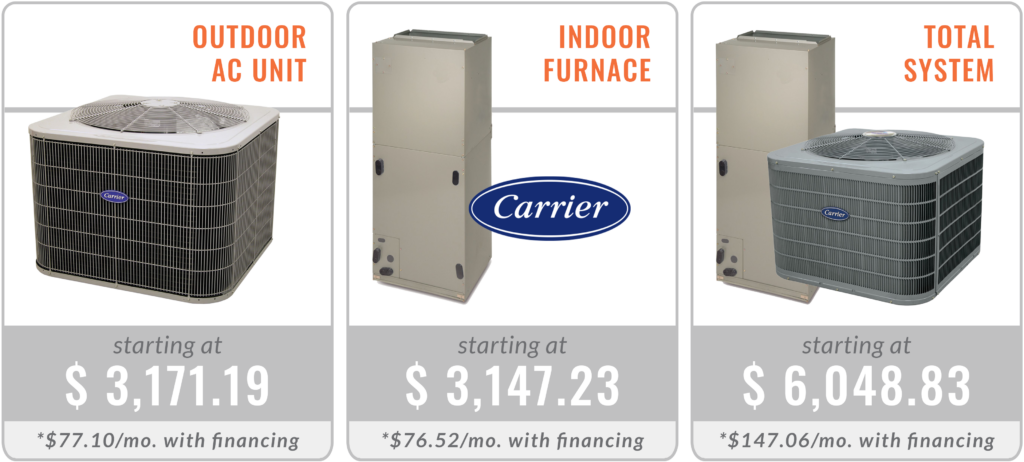
Frequently Asked Questions: 2.5 Ton AC and Heat Unit Costs
This article answers common questions about the cost of purchasing and installing a 2.5 ton AC and heat unit. We aim to provide clear and concise information to help you make informed decisions for your home or business.
Q1: What is the typical price range for a 2.5 ton AC and heat unit?
The cost of a 2.5 ton AC and heat unit can vary considerably based on several factors. However, you can generally expect to pay between $3,500 and $7,000 for the unit itself. This price does not include installation costs.
Keep in mind that this is a broad estimate. Specific brands, models, and features like energy efficiency ratings (SEER and HSPF) will significantly impact the final price. Higher SEER and HSPF ratings usually mean a higher upfront cost, but can result in lower energy bills over time.
Q2: What factors influence the total cost of a 2.5 ton AC and heat unit installation?
Several factors can impact the total cost of installing a new 2.5 ton AC and heat unit. These include:
- Unit Type and Brand: As mentioned earlier, the specific brand and model you choose will play a significant role. Some brands are known for their reliability and efficiency, commanding a higher price.
- Energy Efficiency (SEER & HSPF): Higher SEER (Seasonal Energy Efficiency Ratio) ratings for cooling and HSPF (Heating Seasonal Performance Factor) ratings for heating equate to greater energy savings, but also a higher initial investment.
- Installation Complexity: The ease or difficulty of the installation is a major factor. If your existing ductwork needs modifications or if the location is difficult to access, labor costs will increase.
- Ductwork Condition and Modifications: Damaged or poorly designed ductwork can significantly reduce the efficiency of your new unit. If ductwork needs to be repaired, replaced, or redesigned to accommodate the new system, this will add to the overall cost.
- Permits and Inspections: Most jurisdictions require permits for HVAC installations, and these come with associated fees. Inspections are also necessary to ensure the installation meets local codes.
- Labor Costs: Labor rates vary depending on your location and the HVAC contractor you choose. It's essential to get multiple quotes to compare pricing.
- Additional Features and Upgrades: Consider any additional features you might want, such as a smart thermostat, air purifier, or UV light. These will increase the overall cost.
- Removal and Disposal of Old Unit: The cost to remove and dispose of your old AC and heat unit is usually included in the installation estimate, but it's worth confirming.
- Accessibility: How easy is it to access your current unit? Difficult access can significantly increase labor costs.
Q3: How much does installation typically cost for a 2.5 ton AC and heat unit?
Installation costs for a 2.5 ton AC and heat unit can range from $1,500 to $4,000 or more. This is a wide range, and the final price will depend on the factors listed in the previous question.
A straightforward installation (replacing an existing unit with minimal ductwork modifications) will likely be on the lower end of the range. More complex installations, involving significant ductwork changes or difficult access, will be more expensive. Always get multiple quotes from reputable HVAC contractors to get an accurate estimate for your specific situation.
Q4: What size AC and heat unit do I need for my home? Is 2.5 tons the right size?
Determining the correct size AC and heat unit for your home is crucial for both comfort and efficiency. A 2.5 ton unit (which equals 30,000 BTUs) is often suitable for homes ranging from 1,200 to 1,600 square feet. However, this is just a general guideline. Several factors influence the optimal size:
- Climate: Homes in hotter climates require larger AC units.
- Insulation: Better insulation reduces the cooling and heating load, allowing for a smaller unit.
- Window Size and Type: Large or poorly insulated windows can increase the heating and cooling demands.
- Orientation: The direction your home faces affects sun exposure and heat gain.
- Ceiling Height: Higher ceilings increase the volume of air that needs to be conditioned.
- Number of Occupants: More people generate more heat.
- Home Layout: Open floor plans versus compartmentalized layouts can affect airflow and temperature distribution.
It's highly recommended to have a qualified HVAC professional perform a Manual J load calculation to accurately determine the correct size unit for your specific home. An oversized unit will cycle on and off frequently, leading to poor dehumidification and higher energy bills. An undersized unit will struggle to maintain a comfortable temperature.
Q5: Are there any rebates or tax credits available to help offset the cost of a new AC and heat unit?
Yes, there are often rebates and tax credits available that can help offset the cost of a new, energy-efficient AC and heat unit. These incentives can come from various sources:
- Federal Tax Credits: The U.S. government often offers tax credits for energy-efficient home improvements, including HVAC systems. Check the Energy Star website for the latest information on available federal tax credits.
- State and Local Rebates: Many states and local municipalities offer rebates for installing energy-efficient appliances. These rebates are often administered through your local utility company. Check your utility company's website or contact them directly to inquire about available rebates.
- Utility Company Rebates: Utility companies often provide rebates to encourage customers to upgrade to energy-efficient HVAC systems. These rebates can vary depending on the efficiency rating of the unit (SEER and HSPF).
- Manufacturer Rebates: HVAC manufacturers sometimes offer rebates on specific models. Ask your HVAC contractor about any available manufacturer rebates.
Be sure to research available incentives before purchasing your new unit and understand the eligibility requirements. Deadlines and availability may vary, so don't delay!
Q6: How can I find a reliable HVAC contractor for installation?
Choosing the right HVAC contractor is crucial for a successful installation. Here are some tips for finding a reliable professional:
- Get Multiple Quotes: Obtain at least three quotes from different HVAC contractors to compare pricing and services.
- Check Licensing and Insurance: Ensure the contractor is properly licensed and insured in your state. Ask for proof of insurance and verify their license with your local licensing board.
- Read Reviews and Testimonials: Check online reviews and testimonials from previous customers. Look for contractors with a history of positive feedback. Websites like Google, Yelp, and Angie's List (now Angi) can be helpful resources.
- Ask for References: Request references from the contractor and contact them to inquire about their experience.
- Verify Experience: Ask how long they've been in business and what their experience is with installing the specific type of unit you are considering.
- Check for Certifications: Look for contractors who are certified by organizations like NATE (North American Technician Excellence). NATE certification demonstrates a technician's knowledge and skills.
- Review the Contract Carefully: Before signing any contract, read it thoroughly to understand the scope of work, payment terms, warranty information, and any other important details.
- Ask About Warranties: Clarify the warranty coverage on both the unit and the installation work. A reputable contractor will offer a warranty on their labor.
- Don't Just Focus on Price: While price is important, don't choose a contractor solely based on the lowest bid. Consider their reputation, experience, and the quality of their services.
Q7: What are some factors that can shorten the lifespan of a 2.5 ton AC and heat unit?
While a well-maintained 2.5 ton AC and heat unit can last 15-20 years, several factors can shorten its lifespan:
- Lack of Regular Maintenance: Neglecting routine maintenance, such as cleaning or replacing air filters, cleaning coils, and scheduling professional tune-ups, can significantly reduce the lifespan of your unit.
- Improper Installation: A poorly installed unit will not operate efficiently and may experience premature failure. Ensure your unit is installed by a qualified and experienced HVAC contractor.
- Oversizing or Undersizing: As mentioned earlier, an improperly sized unit will work harder than necessary, leading to increased wear and tear.
- Refrigerant Leaks: Refrigerant leaks can damage the compressor and other components. Have any suspected leaks repaired promptly.
- Dirty Coils: Dirty condenser and evaporator coils reduce the unit's ability to transfer heat, causing it to work harder and overheat.
- Voltage Fluctuations: Frequent voltage fluctuations can damage the unit's electrical components. Consider installing a surge protector.
- Extreme Weather Conditions: Exposure to extreme weather conditions, such as excessive heat, cold, or humidity, can put a strain on the unit.
- Poor Airflow: Restricted airflow due to blocked vents or dirty air filters can cause the unit to overheat.
- Running the Unit Constantly: While designed for continuous operation, extended periods of constant running, especially in extreme weather, can strain the system.
By addressing these factors and performing regular maintenance, you can extend the lifespan of your 2.5 ton AC and heat unit and ensure optimal performance for years to come. Consult with your HVAC technician for personalized maintenance recommendations.
